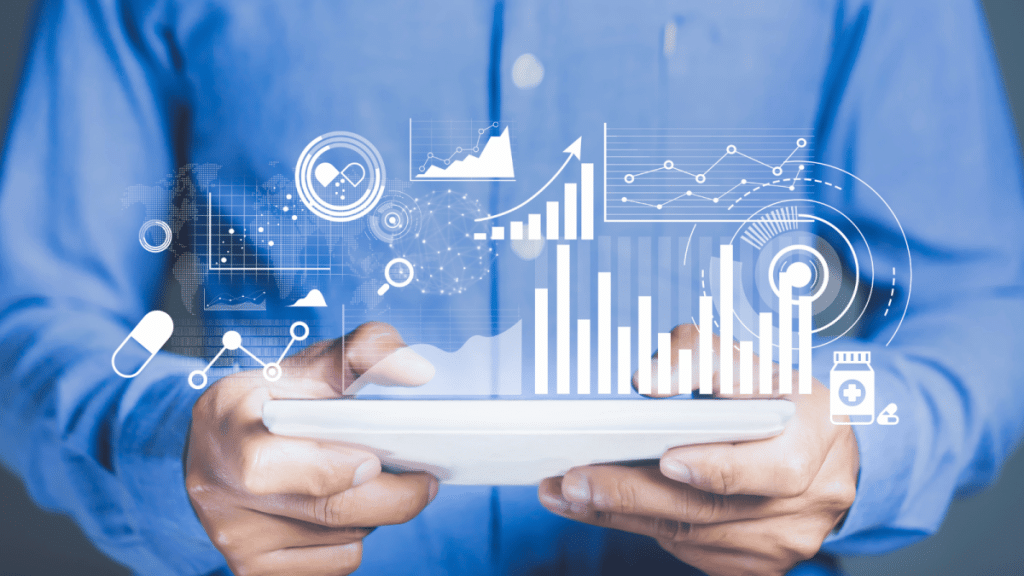Clinical research has always depended on data, but today, researchers have access to unprecedented volumes of health information, thanks to digital health platforms. These platforms, often cloud-based and equipped with sophisticated analytical tools, allow for the collection, storage, and analysis of vast amounts of health data in real-time. From tracking patient outcomes to monitoring long-term health trends, digital health platforms have transformed the way clinical research is conducted.
One of the primary benefits of digital health platforms is their ability to collect large datasets from diverse populations. Traditionally, gathering health data involved lengthy and costly processes, often limited to a specific geographic area or patient population. Today, these platforms connect to electronic health records (EHRs), wearable devices, and even mobile health applications, allowing researchers to access a wealth of data from a wide array of sources. This diversity enables researchers to conduct more inclusive studies, potentially leading to more comprehensive and generalizable results.
For clinical trials, digital health platforms streamline recruitment and improve participant retention. By analyzing historical and real-time data, researchers can identify eligible participants more accurately and recruit them faster. Moreover, these platforms can integrate with patient engagement tools, such as apps and wearable devices, that make it easier for participants to stay engaged and adhere to study protocols. Remote monitoring through these devices also means that participants can be observed in their natural environments, leading to data that may better reflect real-world outcomes compared to in-clinic visits alone.
Another key advantage is the speed at which these platforms can provide insights. Advanced algorithms and machine learning models, often built into digital health platforms, help researchers sift through and analyze data faster than ever before. In the past, cleaning, sorting, and analyzing data would take weeks, if not months. Today, many of these processes are automated, allowing researchers to quickly identify patterns and make real-time adjustments to their studies. This is particularly valuable in areas like epidemiology and infectious disease research, where timely insights can lead to immediate public health interventions.
Furthermore, digital health platforms offer enhanced data security and compliance, a crucial factor in health research. Handling sensitive patient information requires strict adherence to regulations such as the Health Insurance Portability and Accountability Act (HIPAA) and the General Data Protection Regulation (GDPR). Many of these platforms are designed with these compliance requirements in mind, using encryption and other security measures to protect patient data. This gives both researchers and participants peace of mind, knowing that data privacy is a top priority.
Data interoperability is another benefit, as digital health platforms often integrate with multiple data sources. By connecting with EHRs, lab systems, and health information exchanges, researchers can access a more complete picture of a patient’s health history. This interoperability allows for richer datasets and can improve the accuracy and validity of research findings, leading to more reliable conclusions and potentially faster medical advancements.
Overall, digital health platforms are revolutionizing clinical research, making it faster, more efficient, and more inclusive. By providing access to comprehensive, real-time data, these platforms are enabling researchers to make discoveries that were once unimaginable. As these technologies continue to advance, the potential for groundbreaking research and innovation in healthcare only grows.

